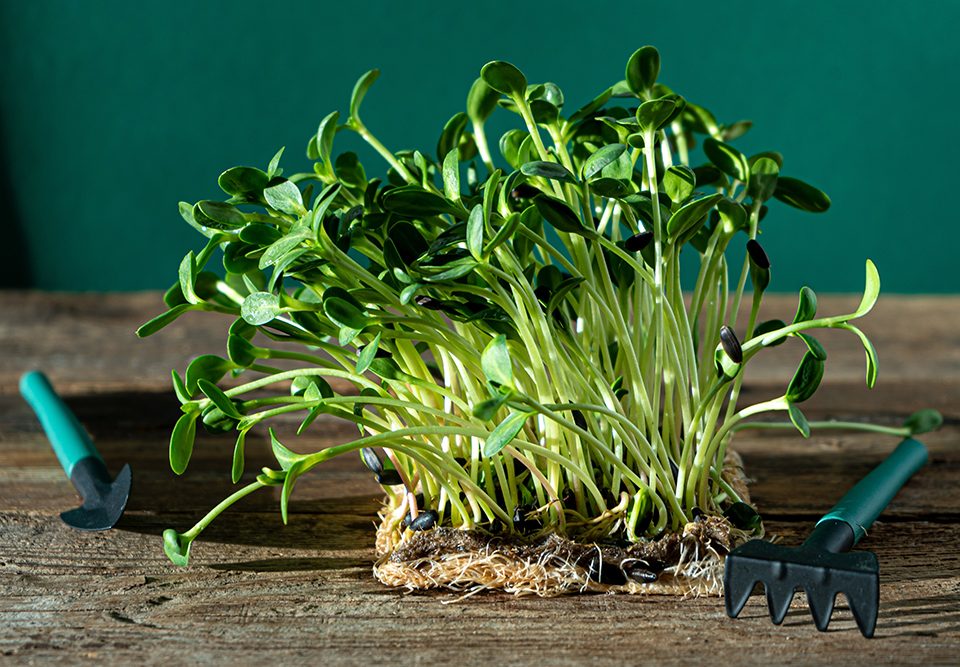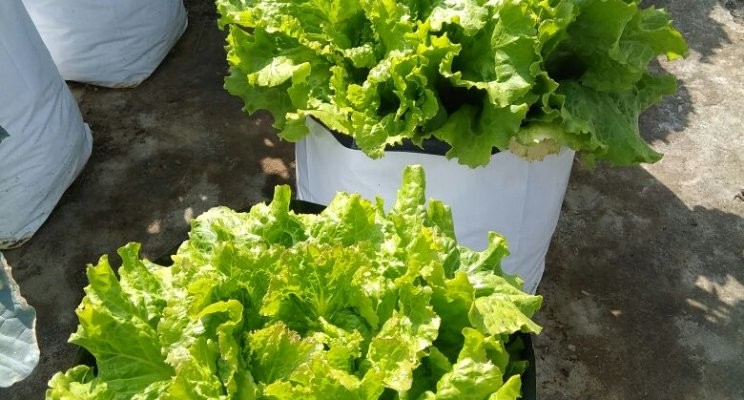Any visitor to Bengaluru (Bangalore) in the heart of South India, would know that idli, and dosa are favourites at the breakfast table, whether at home or at street food joints or in luxury hotels. Idli and dosa, have almost identical ingredients, but differ vastly in other aspects: while the idli is steam cooked, the dosa is spread to fry on a tawa. The idli is white, small, plump, and served soft. The dosa is golden brown, large, slim and served crisp. If you ask me, it is a tough to choose between the soft white idli and the crisp golden dosa.
Before you wonder about the connection between the choice of these breakfast staples and the choice of home composting, let me tell you something special about Bengaluru. No, it is not about the IT industry nor the cool climate. Bengaluru has recently become well known for the major strides its citizens are taking in managing solid waste. While a good majority are sadly waiting for the Government / Municipal Corporation to clean up the mess, a significant number of citizen groups are taking the lead. When the High Court made waste segregation mandatory[1] it chose the “2 bin, 1 bag” segregation method[2] that was for long being made popular by SWMRT (Solid Waste Management Round Table), KMB (Kasa Mukta Bellandur) and many others.
With such heightened awareness it was but natural that many solutions for on-site composting of wet waste became available. While we at Prudent Eco Systems offer one kind of a solution, we view other companies (offering composters) as partners in the war against dumping garbage. In our opinion, in this industry the competition is not between one type of composting versus the other, but of composting versus dumping.
Home-composting solutions offer citizens an environmentally friendly alternative to despatching wet waste on a truck 30 or 40 Km away. It helps create organic manure which can return microbes and much needed nutrients into the top soil of gardens and farms.
Getting back to the idli-dosa analogy, there are vastly differing offerings available in the market, each solution with its own uniqueness. Trade-offs are to be made and there is nothing like one which suits all tastes. Consumers can consider the following points while making a decision
- Initial Cost vs Running Cost: Some solutions have a high initial cost and a low running cost, while others have it the other way around. Those with simple construction and low cost material might need replacement more often than equipment with higher initial cost. In some solutions you might need to spend more on monthly consumables or labour while others don’t need such recurring costs.
- Scalability: Some solutions are optimised for a single or few homes, while others are optimised for a larger group of homes like apartments / gated communities.
- Time to compost: Some offer accelerated composting (with elevated temperatures etc) of a day or just a few days. Others choose a more slow and natural process.
- Powered or Passive: Solutions heavy with technology tend to consume more power (check how many units of electricity per kilogram of waste processed), while others need manual stirring. Still others need neither manual work nor power, but rely on microbes or earthworms to do the job. It is worth pointing out that there is no need to completely shy away from powered converters or equipment. After all don’t we use power to refrigerate, cook, blend etc? The energy used for composting (per home) should be minimal as compared to all the other uses.
- Convenience Factor: Last but certainly not the least important for home composting is convenience.How easy is it to operate? Lift, move around ?
- Does it leach a lot of liquid?
- Does it emit a foul smell?
Now, whether you opt for an idli or a dosa, the breakfast must be healthy and nutritious likewise, regardless of these trades-offs, it is important to verify that the compost produced is of good quality and can enrich the soil. Test labs can tell you the essential NPK (Nitrogen, Phosphorus and Potassium) and Carbon content of the compost.
Home composting demands an investment which is very humble compared to all the gadgets and equipment we have in our modern lives. Cost is no excuse not to have one.
For more details on various composting solutions, do look up Ms Savita Hiremath’s blog https://savitahiremath.com/category/community-composting/
[1] http://www.deccanherald.com/content/518175/karnataka-hc-orders-two-bins.html







